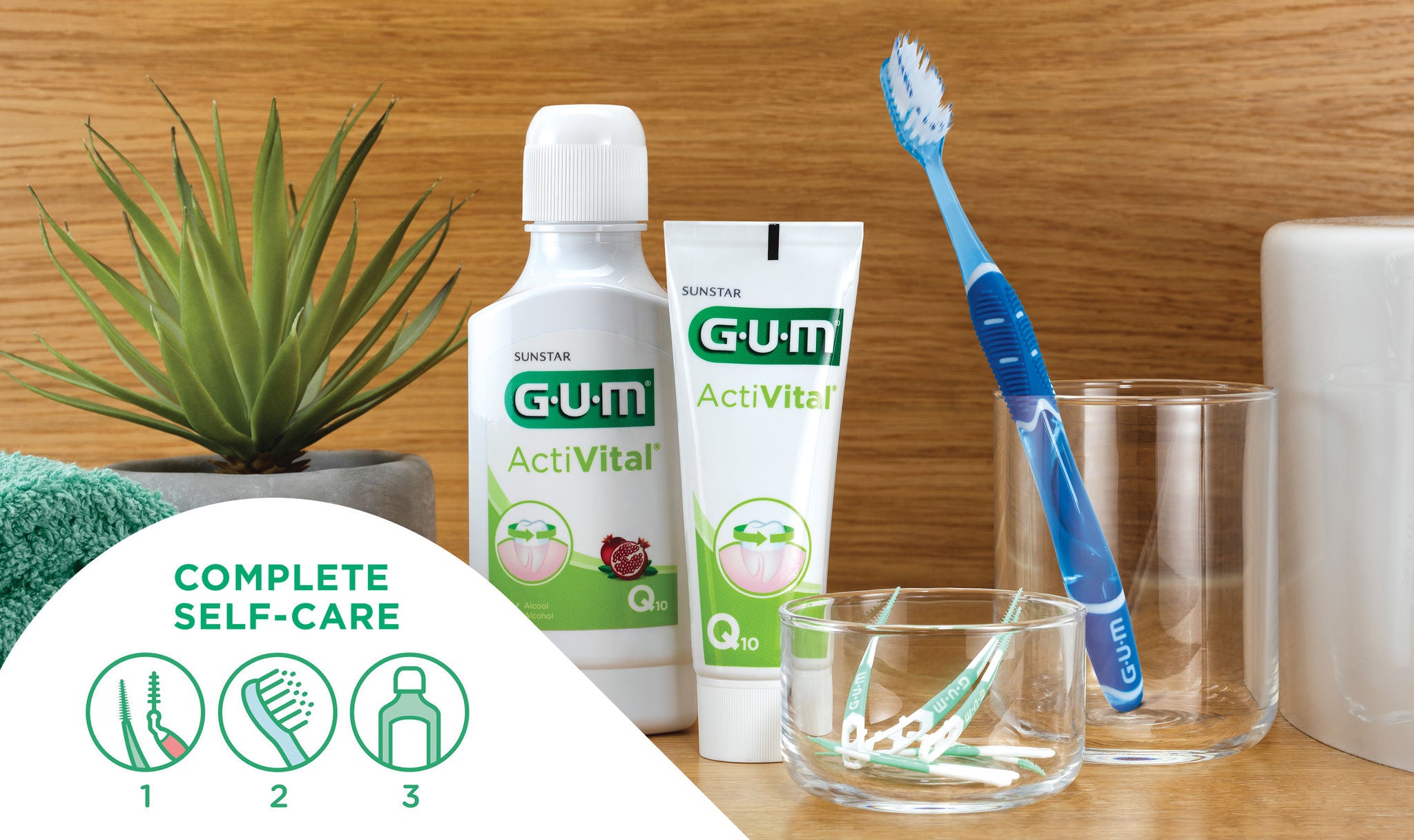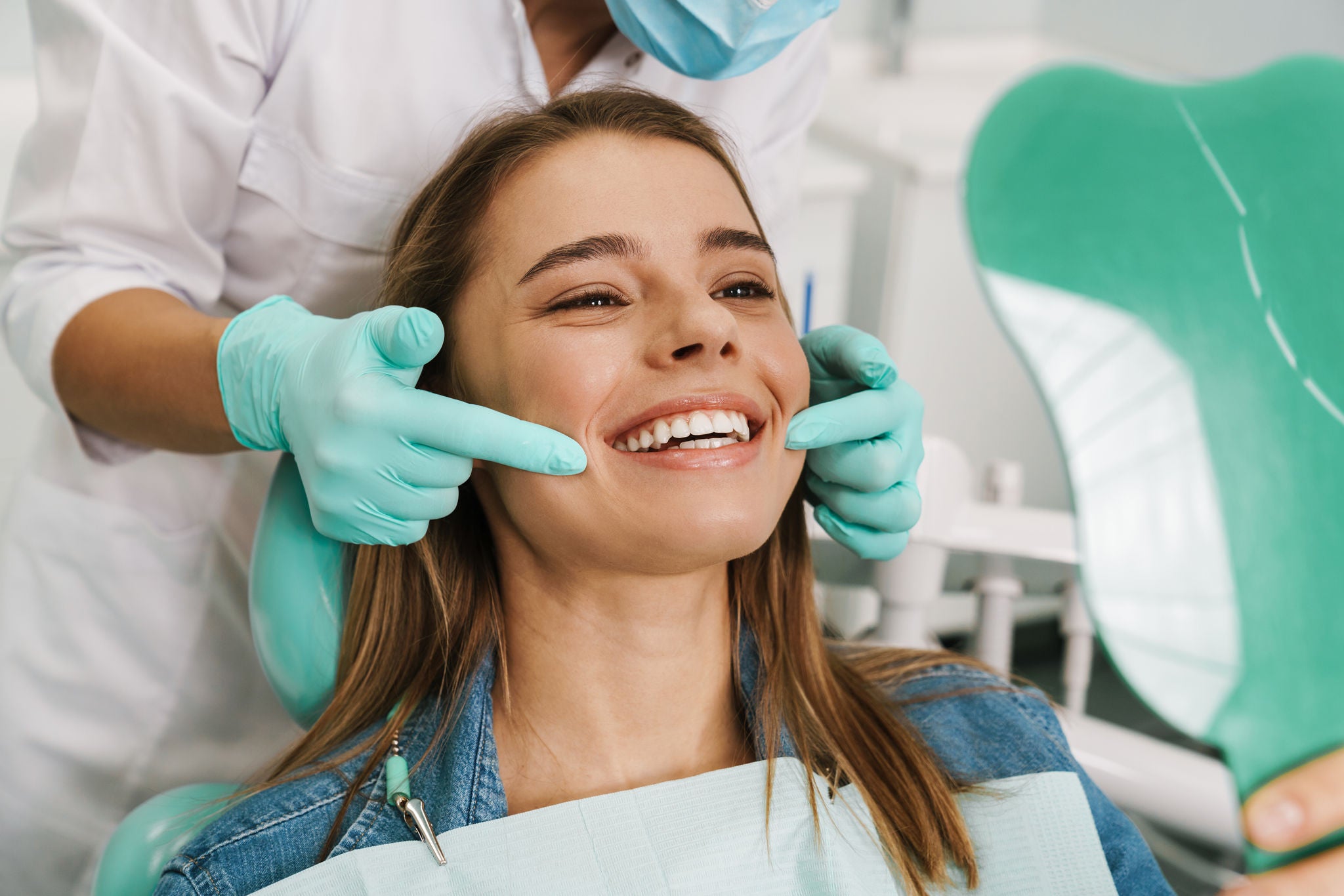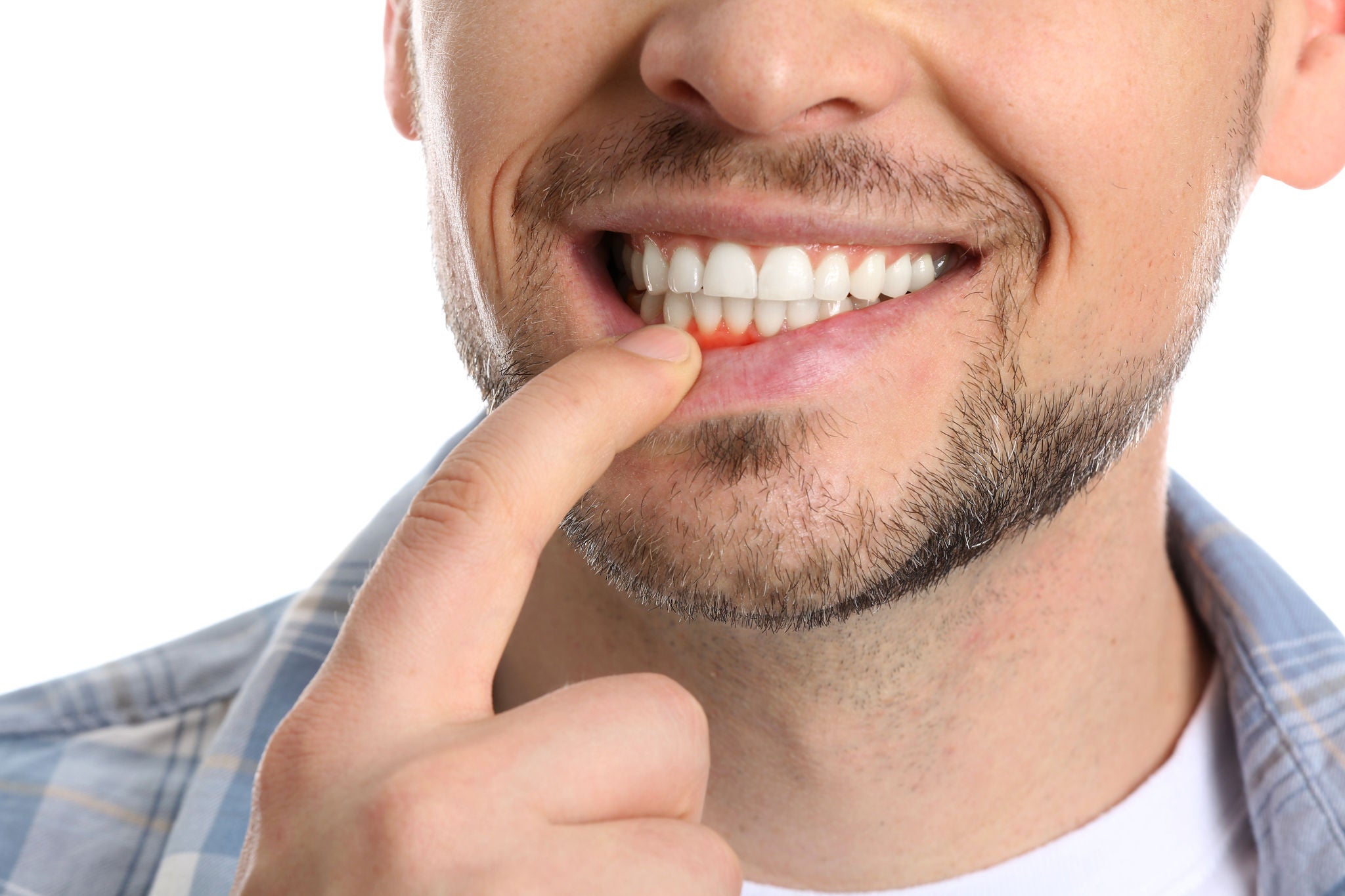
Cancer and Oral Health
Even as cancer remains a serious worldwide health risk, the World Health Organization (WHO) estimates that between 30-50% of cancers are preventable. The WHO suggests you can reduce your chances of developing cancer by avoiding common risk factors and by adopting healthy preventative habits.
Let’s examine the role oral health plays in reducing the risk of developing cancer and which healthy habits contribute to that reduction.

How oral health impacts your body
There is a clear link between oral health and whole-body health. Diseases and conditions that have been linked to poor oral health include:
- Cancer
- Heart disease
- Diabetes
- Hypertension
- Obesity
- Several pregnancy-related conditions
The role of oral bacteria and inflammation in disease
Your mouth is a primary gateway for bacteria entering your body, and if your oral microbiome isn’t kept in balance through a healthy oral care routine, it can lead to the proliferation of harmful bacteria and the development of gingivitis.
These harmful bacteria trigger your body’s inflammatory response, which is designed to help fight infection. However, when bacterial growth is left unchecked, you can develop chronic inflammation in the form of periodontal disease, or gum disease.
Inflamed, bleeding gums allow harmful bacteria to enter your bloodstream and reach other parts of your body. Without treatment, the cascading effect of infection and inflammation can cause serious harm throughout your body, including putting you at risk for developing cancers caused by bacteria and inflammation.
The link between gum disease and cancer
In recent years, key studies have identified a link between gum disease and the risk of developing cancer.
- A Harvard study found a 43% higher risk of esophageal cancer and a 52% higher risk of stomach cancer among individuals who had periodontal disease.
- In that same study, it was also found that people with periodontal disease had a 17% higher risk of developing colon polyps, and in those who had lost four or more teeth (a possible indicator of periodontal disease), the risk was 20% higher.
- Another study published in the Journal of the National Cancer Institute revealed a 24% increased risk of developing cancer among participants with severe periodontitis, and a 28% increased risk among patients with no teeth (often a sign of severe periodontitis).
Types of cancer linked to oral health
The above research has linked gum diseases to several cancers impacting the digestive system, including oral, stomach, and colon cancers.
Oral cancer, also known as mouth cancer, includes all cancers that occur in the lips, cheeks, tongue, palate, throat, and floor of the mouth. Oral cancer is one of the most common of all cancers. Anyone can get oral cancer, but the risks are greater if you are male, over 40 years old, and use tobacco and alcohol. Sun exposure is a risk for lip cancer – just as it is for skin cancer.
Stomach cancer, also known as gastric cancer, is a type of cancer that develops in the cells lining the stomach. It often begins in the mucus-producing cells on the inner lining of the stomach and can spread to other parts of the body.
Colon cancer, also known as colorectal cancer, is a type of cancer that affects the large intestine (colon) or rectum. It usually develops from small, non-cancerous growths called polyps that form on the inner lining of the colon or rectum.
Reducing cancer risk through better oral health
The good news is that there are habits you can adopt to reduce your risk of developing some of these cancers.
Regular dental checkups can help with the early detection of gum diseases but also cancerous signs on your face, neck, lips, and mouth, increasing the chances of successful treatment outcomes.
Avoid the use of tobacco products, drink alcohol in moderation, maintain a well-balanced nutrient-rich diet, and limit exposure to the sun to help reduce your risk of cancer.
In addition to these behaviors, committing to a complete oral care ritual will help you avoid common oral health complications like cavities, gingivitis, and gum disease.
- Clean between your teeth and at the gumline using interdental cleaning tools.
- Brush your teeth twice daily for at least two minutes using fluoride toothpaste.
- Complete the ritual with a mouthwash.

By committing to preventative behaviors and good habits, you are doing your part in reducing your risk of developing serious diseases, like cancer.
Learn more about SUNSTAR GUM’s holistic dental care philosophy at the gum link.














